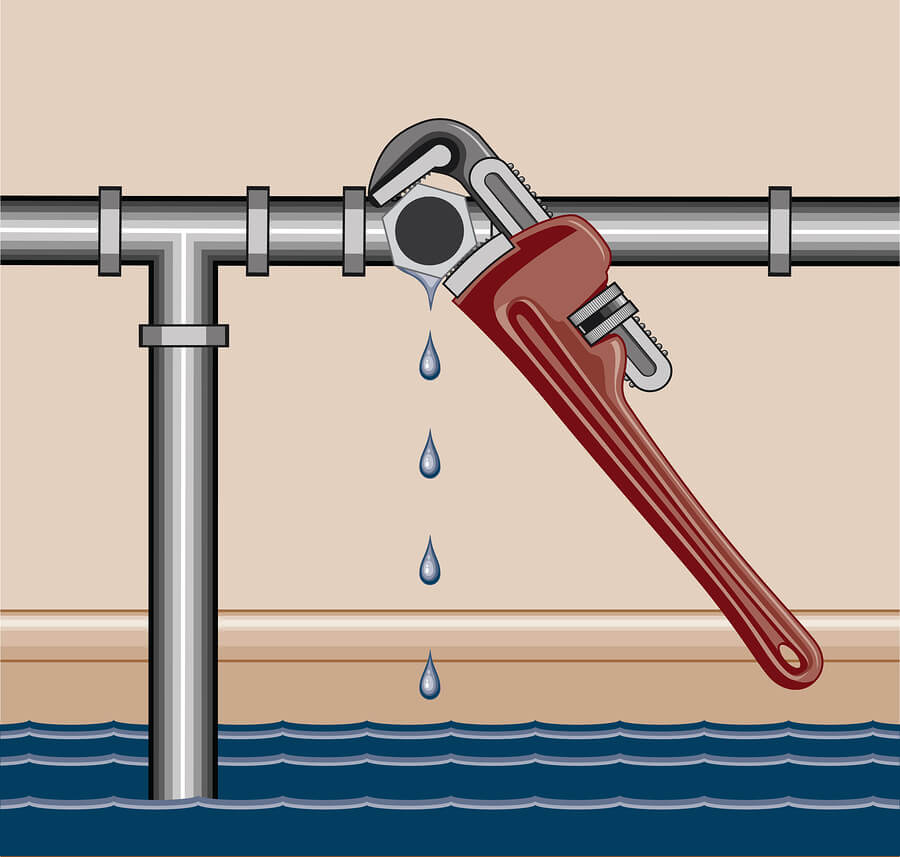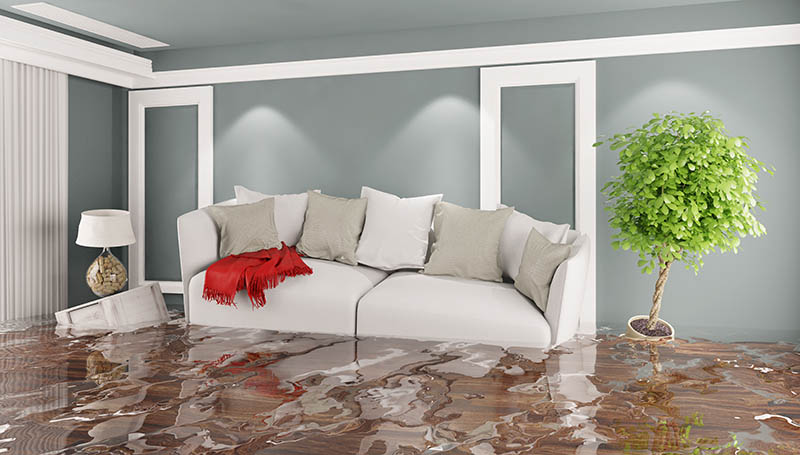Pinpoint Common Factors for Water Leakage Within Your Residence
Pinpoint Common Factors for Water Leakage Within Your Residence
Blog Article
This great article which follows on the subject of Top Causes of Home Water Leaks is unquestionably motivating. Have a go and make your own findings.

Leaks not only cause waste of water yet can additionally create unneeded damages to your house and also promote unwanted organic growth. Unfortunately, water leaks could go unnoticed since most of the pipework in our residence is concealed. By looking as well as comprehending for day-to-day scenarios that create leaks, you can secure your residence from future leakages and unneeded damage. Today, we will consider six leakage triggers that might be triggering your pipes to leak.
Trespassing origins
A lot of water leaks start outside your home instead of inside it. If you observe an unexpected decline in water stress, say in your faucet, take time to head out and analyze your yard. You might discover damp patches or sinkholes in your yard, and that might imply that tree roots are getting into water lines creating water to leak out. You can have your plumber check for invasion, specifically if you have trees or bushes near your residential property.
Rusty water systems
As time goes by, your plumbing system ages and rust such as rust might begin gnawing the pipelines. This might be the root cause of discoloration or bending on your water pipes. This requires an assessment with your plumber immediately. If our plumbing system is old, take into consideration changing the pipes considering that they go to a higher threat of rust than the more recent designs.
Defective Pipeline Joints
The point at which your pipelines connect is often the weakest web link in the waterline. Pipe joints can deteriorate gradually, causing water leaks. The bulk of pipeline joints are not conveniently noticeable. If you have noisy pipes that make ticking or banging sounds, especially when the warm water is turned on, your pipe joints are most likely under a lot of stress. It is suggested to have your plumber inspect your system yearly.
Instantaneous temperature changes.
Severe temperature adjustments in our pipelines can cause them to expand as well as acquire all of a sudden. This development and tightening may trigger splits in the pipelines, particularly if the temperature level are below freezing. It would be best if you watched on just how your plumbing functions. The visibility of the previously discussed scenarios frequently suggests a high threat.
Poor Water Connectors
At times, a leakage can be caused by loosened pipes and also pipelines that provide your devices. Most of the time, moving is what triggers the loose water Connections. You might discover in the case of a washing maker, a pipe might spring a leak due to trembling during the spin cycle. In case of a water links leakage, you may notice water running straight from the supply line or puddles around your devices.
Blocked Drains
Obstructed drains may be irritating and also inconveniencing, yet they can often wind up triggering an overflow leading to break pipes. Keep getting rid of any type of materials that might decrease your drains pipes that might block them to stay clear of such inconveniences.
All the above are reasons for leakages however not all water leakages arise from plumbing leakages; some leakages could originate from roofing leaks. All leaks ought to be repaired instantly to avoid water damages.
Leaks not just trigger waste of water but can also trigger unnecessary damages to your house and advertise unwanted natural growth. By looking and recognizing for daily situations that create leaks, you can safeguard your home from future leakages and unneeded damage. Today, we will certainly look at six leakage creates that may be creating your pipes to leak.
At times, a leakage can be caused by loose tubes and pipelines that provide your appliances. In instance of a water links leak, you may notice water running straight from the supply line or puddles around your devices.
How To Check For Water Leak In Your Home
How To Check for Leaks
The average household's leaks can account for nearly 10,000 gallons of water wasted every year and ten percent of homes have leaks that waste 90 gallons or more per day. Common types of leaks found in the home are worn toilet flappers, dripping faucets, and other leaking valves. These types of leaks are often easy to fix, requiring only a few tools and hardware that can pay for themselves in water savings. Fixing easily corrected household water leaks can save homeowners about 10 percent on their water bills.
To check for leaks in your home, you first need to determine whether you're wasting water and then identify the source of the leak. Here are some tips for finding leaks:
Take a look at your water usage during a colder month, such as January or February. If a family of four exceeds 12,000 gallons per month, there are serious leaks.
Check your water meter before and after a two-hour period when no water is being used. If the meter changes at all, you probably have a leak.
Identify toilet leaks by placing a drop of food coloring in the toilet tank. If any color shows up in the bowl after 10 minutes, you have a leak. (Be sure to flush immediately after the experiment to avoid staining the tank.)
Examine faucet gaskets and pipe fittings for any water on the outside of the pipe to check for surface leaks.
Undetected water leaks can happen without the home or business owner even realizing. If you suspect a water leak, but not able to find the source. It is time to contact a professional water leak detection service, The Leak Doctor.
How To Find a Water Leak In Your Home
https://www.leakdoctor.com/blog/How-To-Check-For-Water-Leak-In-Your-Home_AE197.html

I am just very drawn to How to detect water leaks in your home and I'm hoping you liked the article. Those who liked our page kindly do not forget to share it. Thanks a lot for your time. Please visit our website back soon.
Protect your space! Report this page